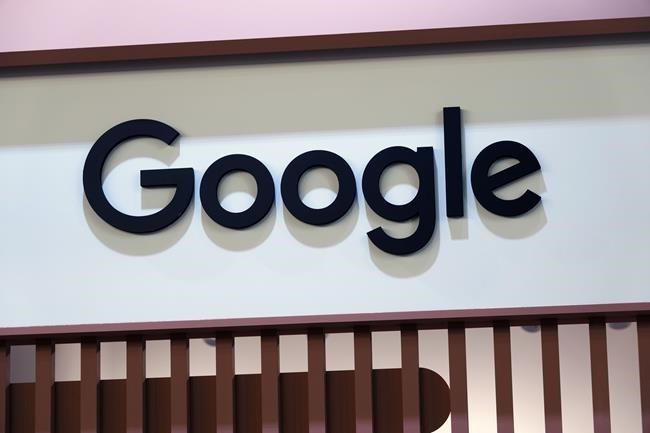OTTAWA — A parliamentary committee that urgently summoned Google executives to testify about a decision to limit news for some Canadian users ended up cancelling its own meeting due to technical difficulties.
On Monday, the House of Commons heritage committee was set to hear from Sabrina Geremia, the head of Google Canada, after she and three other executives were summoned days earlier.
While Geremia technically fulfilled the summons by appearing, the chair of the committee cancelled the meeting before it began due to technical difficulties that prevented some members of Parliament from attending virtually.
The committee is planning to invite her back to another meeting later this week while hoping to avoid issuing another summons.
Last week, four Google executives were summoned to appear on Monday after the company confirmed last month that it is running a five-week test to limit news access to some Canadian users.
The company told The Canadian Press that it was assessing a possible response to the Liberal government's proposed Online News Act, which would require tech companies to pay news companies for linking to or otherwise repurposing their content online.
The other three executives the committee invited — Google's CEO Sundar Pichai, its president of global affairs Kent Walker and its vice-president of news Richard Gingras — declined to appear.
In response, New Democrat MP Peter Julian said he plans to introduce a motion to have the committee notify the House of Commons that there was a refusal of the summons. He said he intends to bring the motion forward at the next scheduled meeting.
"We believe in accountability," Julian said Monday, arguing that the executives could have attended virtually for one hour.
"Google has again shown extraordinarily poor judgement, and it's not going to end there. They were summoned, they disobeyed the summons and there will be consequences."
The House of Commons has no authority to summon people outside of Canada, but MPs on the committee decided to take the chance. The House can enforce the summons if the individuals enter Canada, but it would be considered a rare move.
This is not the first time the CEO of a big tech company has refused to appear in front of Canadian parliamentarians.
Mark Zuckerberg, the CEO of Meta, which owns Facebook, refused a summons by the House of Commons privacy and ethics committee in 2019.
The Online News Act, also known as Bill C-18, has created tensions between the Liberal government and some tech giants, including Google and Meta.
It's one of several recently proposed bills, along with the Online Streaming Act and an anti-hate bill, that seek to increase regulation of companies' activities on the internet.
Large Canadian media companies and the federal Liberal government say Bill C-18 would level the playing field for news outlets that compete with tech giants for advertising dollars.
But such companies and the Conservative Party have pushed back against the bill, arguing it takes the wrong approach to helping Canada's media sector.
Google has said it would rather pay Canadian media outlets through a monetary fund than to be regulated by the government.
The company has argued it is already one of the biggest financial supporters of journalism because the traffic it sends to news sites helps publishers increase their readership and earn money from page views, and because Google licenses news from over 150 publications across Canada.
This report by The Canadian Press was first published March 6, 2023.
———
Meta funds a limited number of fellowships that support emerging journalists at The Canadian Press.
Mickey Djuric, The Canadian Press



